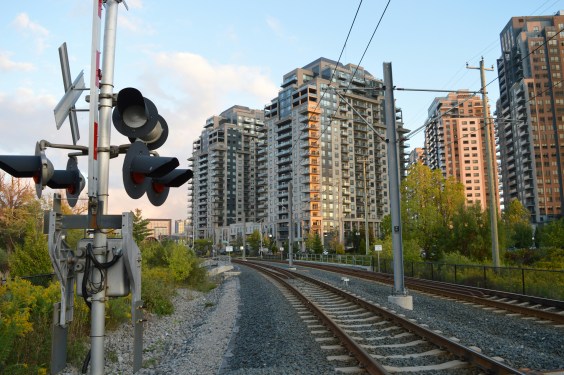Democrats awoke this morning to find their worst fears realized,
as lackluster Senate hopeful Martha Coakley (D-MA) was upset by
Republican Scott Brown. Voters, lawmakers, and advocates are left to
wonder what becomes of their issues in a year already marked by
political upheaval.
 Sen.-elect Scott Brown (R-MA), with his family on election night. (Photo: Globe)
Sen.-elect Scott Brown (R-MA), with his family on election night. (Photo: Globe)On the transportation front, Brown's election is unlikely to make passage of a new six-year bill any more difficult than it already is, with Democrats still in search of a way to finance the $450 billion-plus legislation many of them envision.
Brown ran as a critic of the gas tax increase floated early last year
by Democratic Gov. Deval Patrick (MA) to help close the state's
transportation budget gap. As Brown's campaign gained momentum in
recent weeks, however, he found himself taking fire from Democrats for voting in favor of a budget that merely preserved, rather than raised, an existing state fuel tax.
The
exchange underscores the conundrum that continues to stall a
reform-minded federal transport bill, whether Brown would vote yes or
not: Democrats have little appetite to find a way to pay for it.
The
Senate's climate change debate, however, is a different story. Brown's
election narrows the already slim chance of corralling enough Democrats to
approve an emissions-cutting bill opposed by fossil-fuel industries.
The promise of billion-dollar grants for local clean transport
programs, which was included in the Senate environment committee's
bill, may well be lost for the time being.
What is possible on the environmental front? An "energy-only" bill that includes a renewable electricity standard has a stronger chance
of winning a Senate majority, and a Green Bank-type proposal focused on
leveraging private-sector money for transportation projects is still in the mix.
The
biggest question mark, then, is whether the Obama administration will
follow through on its intention to curb pollution through the
Environmental Protection Agency (EPA) if Congress fails to pass
legislation. The EPA's air-quality chief suggested
last week the agency is on track, but a collapse of the White House's
top priority -- health care -- could throw a wrench into the works.





